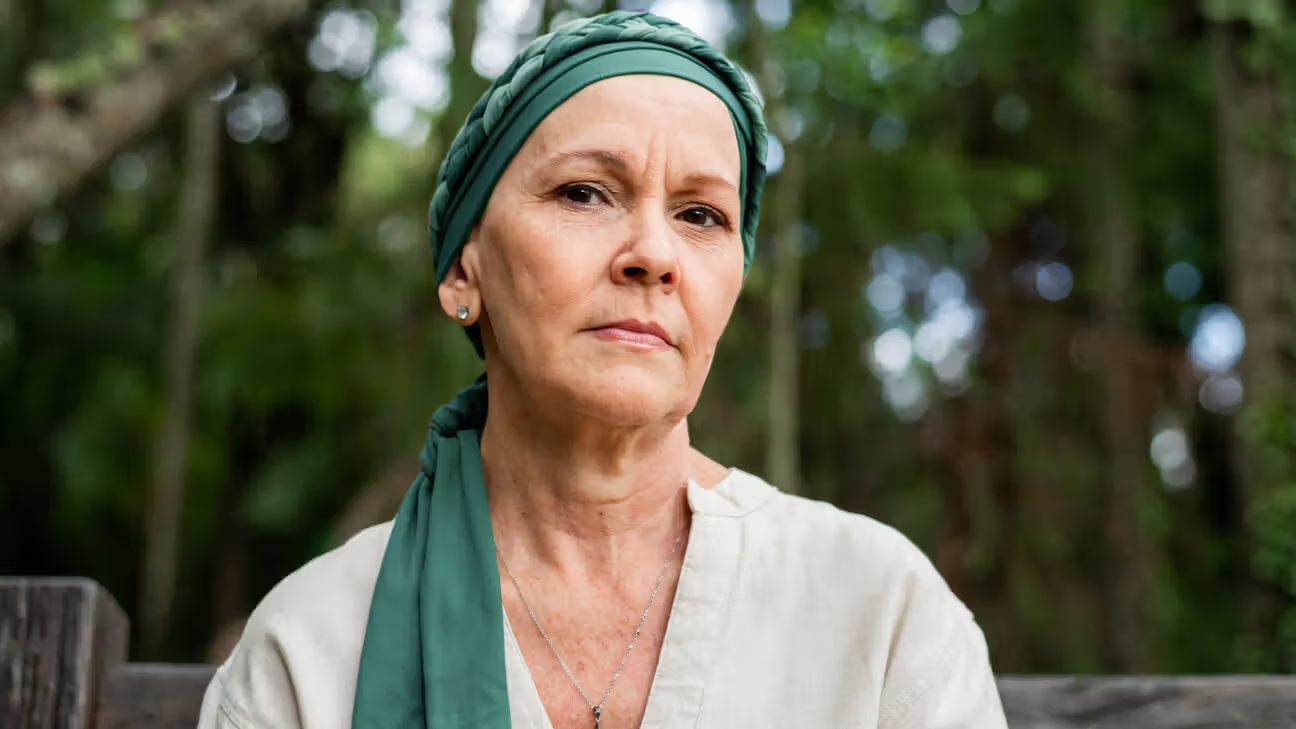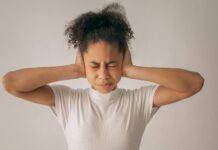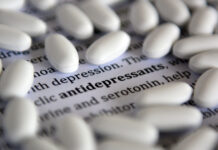
Depression is a common but serious mood disorder that can affect how an individual feels, thinks, and manages daily activities. While there are several traditional treatments for depression, including medication and psychotherapy, researchers are now exploring innovative alternatives. One such potential treatment is psilocybin, the psychoactive compound found in magic mushrooms. This article discusses how psilocybin is being studied for its ability to treat symptoms of depression and the impact it might hold for future therapies.
What is Psilocybin?
Psilocybin is a naturally occurring psychedelic compound produced by more than 200 species of mushrooms, colloquially known as magic mushrooms. When ingested, psilocybin is converted into psilocin in the body, which is believed to influence serotonin levels in the brain, potentially leading to altered and unusual perceptions. The compound has been used for centuries in traditional spiritual and religious rituals, and more recently, it has been researched for its therapeutic potentials.
Research on Psilocybin and Depression
Recent studies have focused on the effects of psilocybin in treating depression with promising results. For instance, a study conducted by Johns Hopkins Medicine found that two doses of psilocybin, given with supportive psychotherapy, produced rapid and large reductions in depressive symptoms, with most participants showing improvement and half of the study subjects achieving remission through the four-week follow-up.
Another significant study by Imperial College London showed that psilocybin therapy was just as effective as a standard antidepressant (escitalopram) in a small, but well-controlled trial. Participants treated with psilocybin experienced fewer side effects and reported a greater improvement in their ability to feel pleasure and express emotions.
How Does Psilocybin Work?
The therapeutic potential of psilocybin lies in its ability to affect the brain’s serotonin receptors. Serotonin is a neurotransmitter that plays a key role in mood and depression. Psilocybin is thought to provide a ‘reset’ effect on brain network activity. Brain imaging studies have shown that psilocybin can reduce activity in the default mode network (DMN), which is typically hyperactive in depressed individuals, and this reduction is associated with significant improvements in mood and outlook.
Safety and Considerations
While research indicates potential, psilocybin is not without its risks and it currently remains a Schedule I controlled substance in many countries, indicating it is not legal for general medical use. Potential side effects include confusion, agitation, paranoia, and hallucinations. The clinical trials for psilocybin therapy are conducted under strict supervision and participants are screened carefully to prevent adverse effects.
Future Outlook
Although still in the early stages, research into the use of psilocybin for treating depression is expanding. Major regulatory bodies are beginning to consider the therapeutic benefits of psychedelics, influenced by emerging scientific evidence demonstrating their potential. For instance, the FDA designated psilocybin therapy as a “breakthrough therapy” in 2018, expediting the development and review of psilocybin-based drugs.
In conclusion, while the initial results are promising, psilocybin treatment for depression still requires rigorous clinical testing and regulatory approvals before it can become a widely accepted therapy. For those suffering from depression, it is crucial to consult with healthcare professionals and consider existing, well-proven treatment methods while keeping an eye on new developments in this intriguing field.



